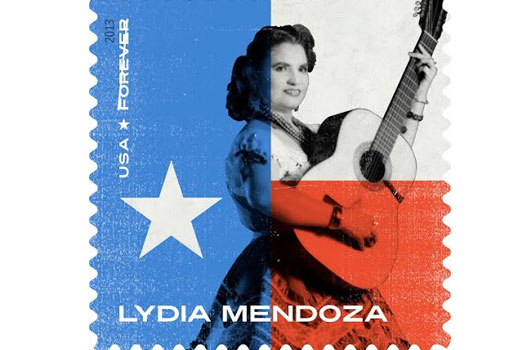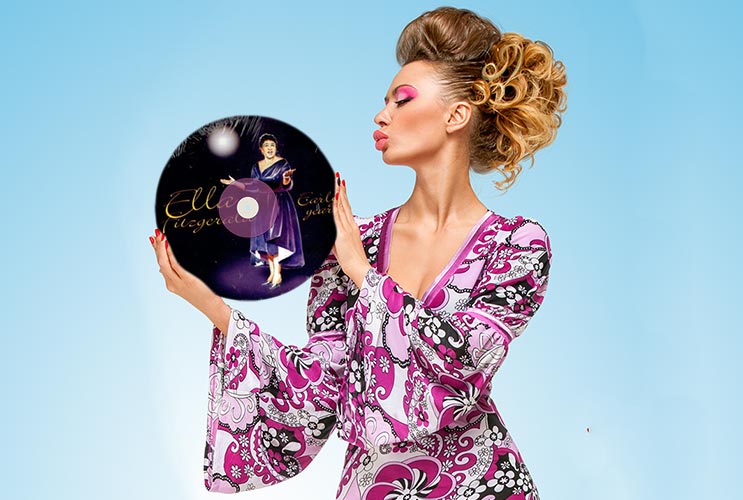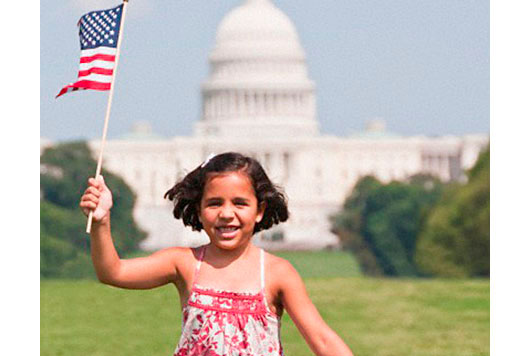
You don’t want to sit there crying like a sap in the middle of a church, but sometimes it just happens. At least, that’s what happened to me recently as I watched my ten-year-old son Alexander, a budding drummer and percussionist, perform in his first band concert. There were a few reasons for the tears. Let me explain.
Three months ago, my son’s small rural parochial school hired a band teacher for the first time. Mr. Hines is amazingly dynamic and gifted, a sweet-natured jazz trombonist who lives in a town even smaller than ours, some 45 minutes away. I recognized him as also being a cashier at the local WalMart. The fact that this talented artist and teacher had to supplement his income this way drove home how greatly undervalued music educators—and music education—are in our society.
MUSIC + MATH = SUCCESS
The research about the benefits of music education on brain development are irrefutable. A recent study from the University of California showed that second-graders who had music lessons scored 27 percent higher on math and fractions tests than their peers who had no musical training. Music is math made audible.
Music is also a pathway to emotional expression, an enjoyable and rewarding experience that has been proven to keep kids in school. The Pittsburgh, Pennsylvania, school district analyzed dropout rates for children who were and were not in musical programs. For those kids who did not participate in music programs, dropout rates were 7.4%. It was only 1% for those in music programs. For those who’d had more than three years of involvement in music programs, the dropout rate was 0%.
The statistics are astounding. Band and orchestra kids attend college at twice the rate of other kids, according to Bands Across the USA. Playing music results in lowered blood pressure, according to the journal Music Therapy Perspectives. It’s no wonder the ancient Greeks considered musical training to be just as imperative to a good education as math, science and athletics.
We all know this instinctively. Fully 93% of Americans consider music training to be part of a well-rounded education. Yet across the nation schools are slashing music programs, seeing music as disposable, probably because children seem to enjoy it so much and, let’s face it, knowing how to play an instrument cannot be quantified on a standardized multiple-choice exam. Our culture on the whole seems to think education is rigorous only when it is painful.
So that’s part of why I was in tears. Watching the wonderful Mr. Hines conduct the school band and also lead each grade (pre-K through 8th) in beautifully-rendered Christmas carols, yet knowing that the next day he’d be standing behind the cash register at WalMart, caused me tears of frustration. This man was improving our children in ways that would last a lifetime, and yet he couldn’t make a living at it. There was—is—something very wrong with that.
LIKE FATHER, LIKE DAUGHTER, LIKE SON
The second reason I got choked up was that my son was good. He had been practicing, and it showed. The songs were moving, beautiful, and to hear them performed in a gorgeous church filled to standing-room-only by what seemed to be the whole town, to know that this was the same person who had once been so small and weak he needed me to hold his head up for him, reminded me of the beauty and brevity of life.
The other reason I shed some tears is that my father was sitting next to me, now in his late 60s, and we reminisced about the evening when he had attended my first band concert, 33 years ago. Thirty-three years? It certainly didn’t feel that long ago. The memory was clear as a bell. I’d played a solo on my alto saxophone, and my father had…cried.
I majored in music for my undergraduate degree, and though I don’t play professionally I am convinced that the study of music made me a better writer—and a better person. I am proud of my son for following in my footsteps, and grateful to his school for seeing the light and starting to offer music for the students.
Let’s hope more schools wake up to the importance of music education. It’s not a luxury. It’s not optional. Music is what makes us human.











